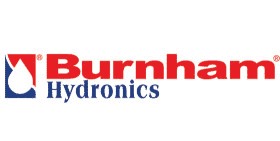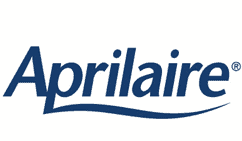To cover or not to cover — that is the question. We get this question often from customers wondering if they should cover their outdoor air conditioning unit during the off-season. It seems to make sense to cover your compressor when it’s not in use. After all, people cover outdoor lawn furniture, swimming pools, and even cars to protect them from the elements. But you might be surprised to learn that, for the most part, we advise our customers NOT to cover their air conditioning units. And here’s why:
- Outdoor air conditioners are made to withstand harsh winter conditions and temperature extremes. They are built tough and don’t generally need a cover.
- Covers can provide a nice cozy place for chipmunks, mice, and other critters to move in for the winter, which can lead to chewed wires and nests that hold moisture, cause corrosion, and ultimately need to be cleaned out.
- A cover traps moisture inside the unit, increasing the likelihood of corrosion, rust, and mold.
- While a cover might keep heavy rains from getting into your air conditioner, it will not keep out moisture in general. Humidity in the air and evaporation from the ground will find their way in, and a cover will only keep it in.
We might advise using a cover in the following situations:
- If your unit is located under a tree with small leaves/needles, like a pine tree. These can collect inside the unit, creating moisture/corrosion and creating a barrier to normal moisture drainage your system may have built-in. In this case, we might advise you to cover your unit in the fall, but then uncover it in the winter/spring
- When hail is expected. Hail can cause damage to the condenser coil fins and bang up the unit in general. However, hail storms are hard to predict and we do NOT recommend going out to cover your unit once the storm starts! Stay inside where it’s safe!
- When a blizzard is coming. We would advise covering before the big snow, and then promptly uncovering afterward, to avoid the melting and refreezing of snow inside the unit, which could lead to damage to the coils.
If you are going to cover:
- Get a tight-fitting cover, and perhaps one that doesn’t go all the way down the unit. You want to avoid having moisture build-up inside.
- Do not use a tarp and bungee cords, or something that is not breathable, properly fitted and secured.
- Get a cover with ventilation that helps prevent condensation from forming inside the unit, which can cause corrosion on electrical components and connections.
Our expert technicians at Leith Heating & Cooling are happy to advise our customers on whether to cover or not to cover — contact our professionals today!
Categories:
Air Conditioning











